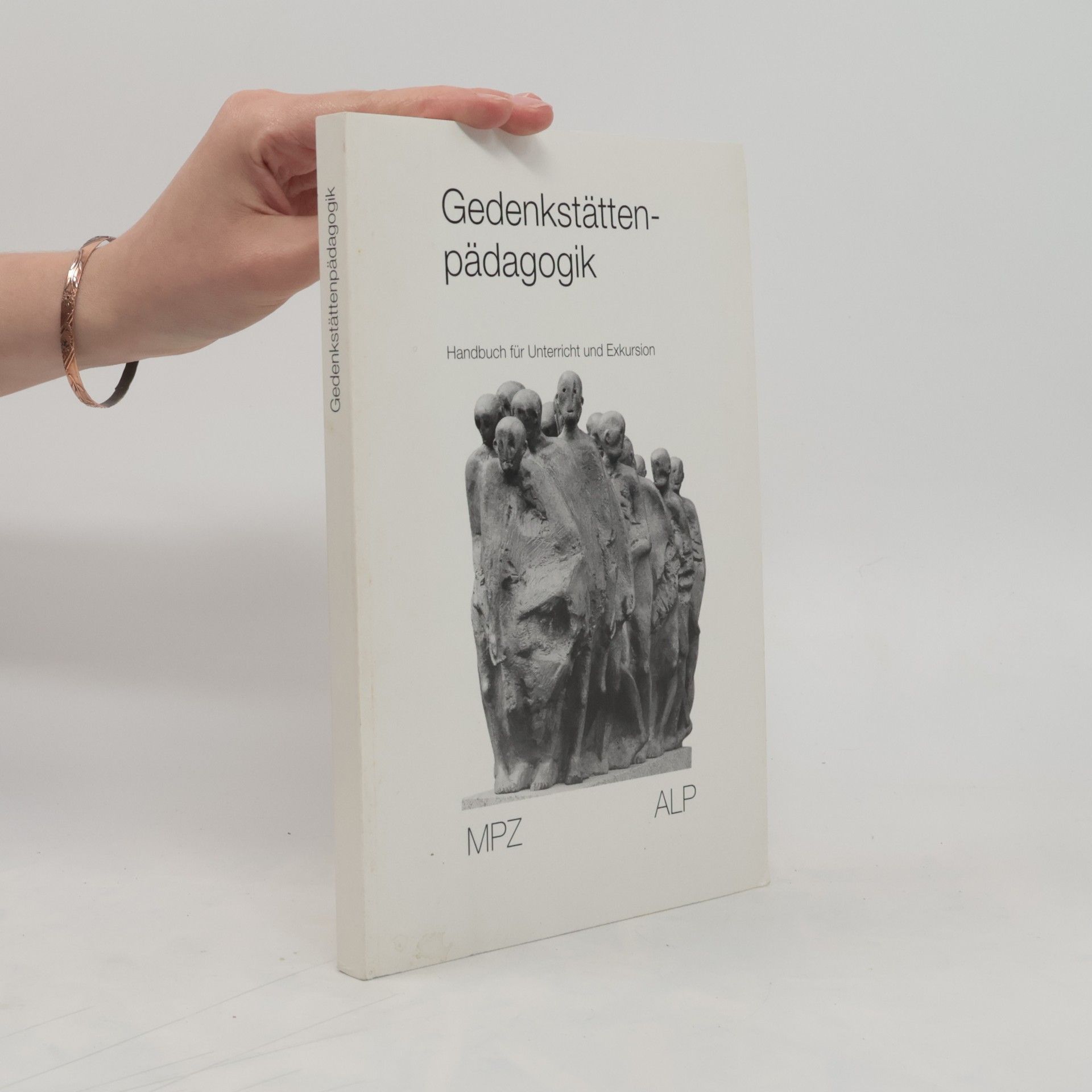Das führende Kompendium für wissenschaftliche Erkenntnis, praktische Handlungsfelder, berufliche Orientierung und Ausbildung in der Sozialen Arbeit. Das Handbuch markiert für den Gesamtbereich der Sozialen Arbeit den Einstieg in das 21. Jahrhundert. Es faßt bisherige Erfahrungen und Erkenntnisse als Ausgangspunkt für zukünftige Orientierung und notwendige Perspektiven zusammen. In zahlreichen Artikeln wird eine Verknüpfung zu europäischen Problemen und zur internationalen Diskussion geleistet. Ausführliche Literaturhinweise zu den einzelnen Artikeln und die alphabetische Systematik ermöglichen ein intensives Selbststudium. Als umfassendes Nachschlagewerk wird das Buch zu einem unverzichtbaren Bestandteil der professionellen Sozialen Arbeit werden.
Hans-Uwe Rump Books






Sozialkunde-Abitur
- 158 pages
- 6 hours of reading
Das Unbegreifliche begreifen
- 120 pages
- 5 hours of reading
Jüdisches Kulturmuseum Augsburg
- 48 pages
- 2 hours of reading
Wie schreibt man Rostocker Universitätsgeschichte?
- 120 pages
- 5 hours of reading
What Works - Welches Wissen braucht die Soziale Arbeit?
- 268 pages
- 10 hours of reading
Der Band diskutiert Möglichkeiten und Grenzen eines neuen Ansatzes für die Soziale Arbeit, die „evidenzbasierte Praxis“. Eine Neuausrichtung Sozialer Arbeit auf der Basis wissenschaftlich nachweisbarer Wirksamkeitskriterien, wie sie mit dem Modell einer „evidenzbasierten Praxis“ einhergeht, gewinnt auch in der Bundesrepublik zunehmend an Bedeutung. International führende ExpertInnen erörtern in diesem Band die Grundlagen dieses Paradigmenwechsels und führen systematisch in die fachlich heftig umstrittene Debatte ein. Aus dem Inhalt: Wissen und Professionalität Evidenzbasierte Praxis und Wirkungsorientierte Forschung Eine neue Soziale Arbeit? Beiträge von: Heinz-Jürgen Dahme, Bernd Dewe, Daniel Gredig, Axel Groenemeyer, Fabian Kessl, Heinz Kindler, Thomas Klatetzki, Alexandra Klein, Heinz-Günter Micheel, Ed Mullen, Andreas Polutta, Enola Proctor, Aaron Rosen, Andreas Scharrschuch, Christoph M. Schmidt, Stefan Schnurr, Mark Schrödter, Peter Sommerfeld, Haluk Soydan, Stephen Webb, Wolf-Rainer Wendt, Norbert Wohlfahrt
Gedenkstättenpädagogik
- 200 pages
- 7 hours of reading
Erinnern statt Vergessen
- 120 pages
- 5 hours of reading



